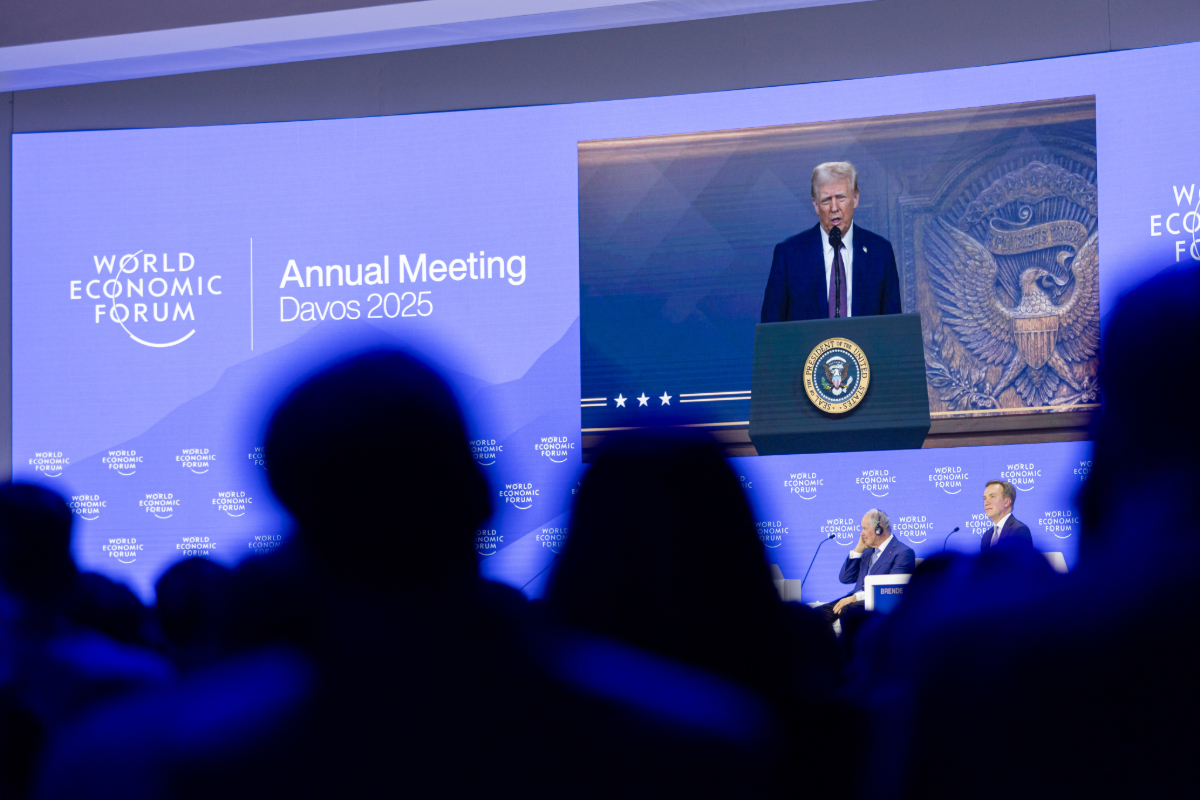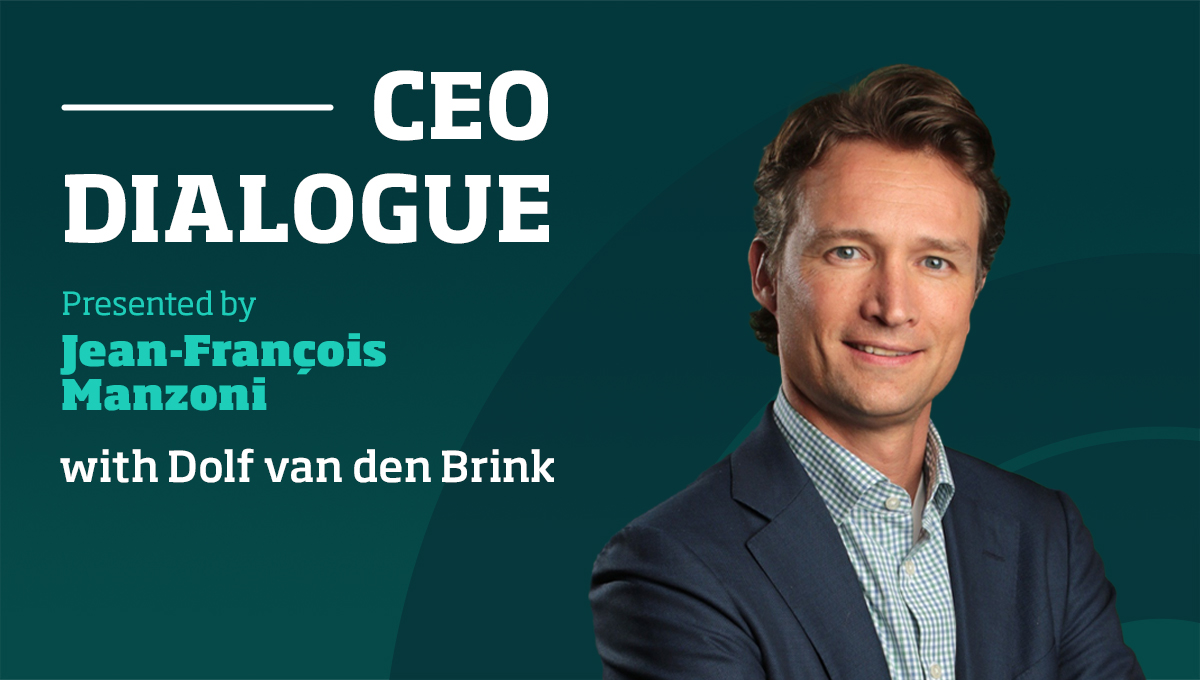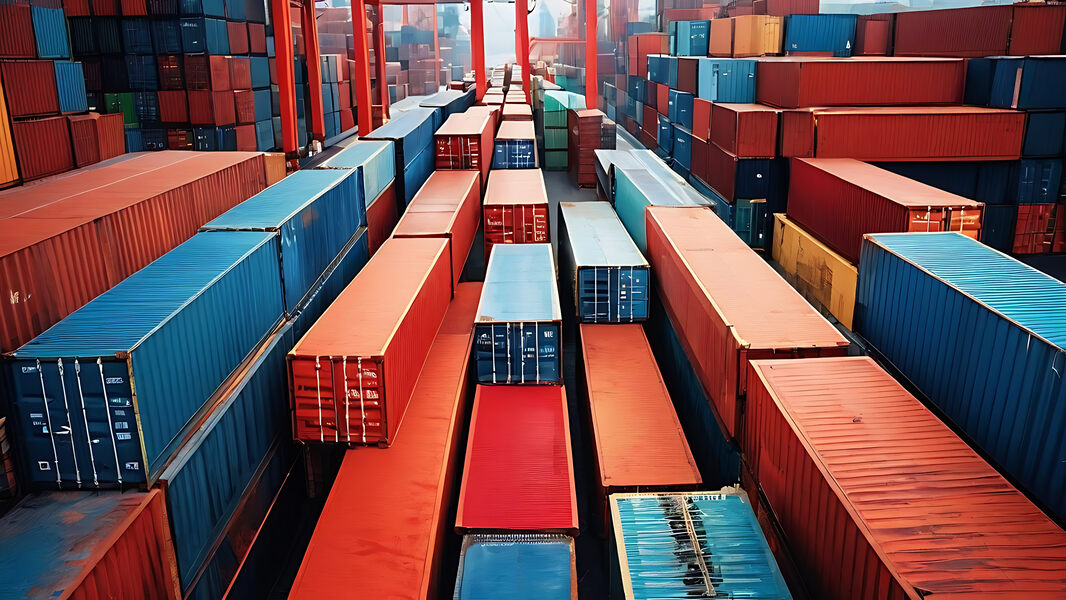
Why globalization is going nowhere, despite the current panic
Globalization, that is the increased interdependency among economies with respect to trade of goods and services, as well as the flow of capital, people and ideas, has long had its pluses and minuses. Seen generally, globalization has led to a larger number of goods, greater variety and lower prices in markets globally. Globalization has also led to an increased knowledge spillover and innovation. It has also had the positive effect of intensifying the exchange of information, ideas and knowledge of different economies and therefore, enriched our culture as well.
On the other hand, globalization has always had its critics, often claiming that it has inflicted inequality and the displacement of labor. And so it is that since the mid-2010s politicians in different economies have started to embrace a more inward-looking approach, fostering a rhetoric that more economic steps must be taken within their economy.
Undoubtedly, the largest impact on globalization comes from the biggest economies: China and the US. Thus, the tariff escalation that began a couple of years ago between the two had a negative effect on trade figures.
The fact that the COVID-19 global public health crisis is causing globalization to be scrutinized is just the latest in a long line of triggers. The lockdown of cities and countries as well as the restriction on movement and gatherings has had a devastating impact on the performance of economies around the world.
Projections of the economic outlook for this year are dim both for countries and regions. But this is not the first time that the future of globalization has been questioned. In fact, every major event of the 21st century that has had international implications has come with a warning that globalization would likely suffer as a consequence. This is as true for the 2001 terrorist attacks in New York as it is for the 2008 financial crisis.
And yet, the outcomes did not support the negative predictions.
So, what’s going to happen this time? Is COVID going to upset the boat? It’s very unlikely.
The drive for comparative advantage
The recent estimates for trade flows by the World Trade Organization suggest a decline between 13% and 32%. But will this decrease result in undoing globalization? Unlikely, because trade is based on the notion of comparative advantage: countries will concentrate on producing what they are relatively better at and will engage in trade with economies that produce goods and services that they don’t.
Of course, there are national strategies and geopolitical issues that need to be taken into consideration, and these may dictate the portfolio of goods and services to be produced. That said, the notion of a self-sufficient economy, even as large as India, will not accomplish the prosperity that it envisions.
Studies do, however, show a positive correlation between the growth of GDP and the growth of trade across countries. So, we can expect trade flow statistics will improve in tandem with the worldwide economic outlook.
The drive for competitive advantage
Just as countries strive for comparative advantage, companies strive for competitive advantage. One important driver for competitive advantage is the efficient compilation of supply chains.
Undoubtedly, global supply chains were hit particularly hard by the COVID-19 crisis. Companies had previously worked hard to find the most cost-efficient way to maintain production. Better communication technologies and lower transportation costs had boosted global supply chains.
This had allowed firms not only to save in production costs but also in inventory costs, by adapting the celebrated just-in-time inventory model. But the first clouds in this process came a couple of years ago with the escalation of tariffs between the US and China. The final blow came with the lockdown of cities and subsequently manufacturing productions due to COVID-19.
Finally came a major realization: the trade-off between cost efficiency and geopolitical or even natural disaster risks had not been thought through carefully. But it is still unlikely that there will be a major decline of global supply chains as a result.
First, it is very costly to identify new partners and move facilities to new locations. Second, the same reason that made firms diversify away from one location will demand that they do not move all the production in one domestic location.
Take, for instance, a firm that moves most of its production to a location which is subsequently hit by a natural disaster, say a hurricane. Agile firms appropriately adjusted their strategies. That’s why when the escalation of tariffs began a couple of years ago, companies like Google and Microsoft that could move part of their operations left China for Vietnam. Resilient companies also adjusted their inventory practices.
With increasing disruptions in production and transportation because of lockdowns, a “just-in-time” management of inventory became a “just-in-case” one. Firms diversified away part of the risk of not having products in storage if something were to happen somewhere far away. Such an agile reaction from the private sector is likely to continue. However, the costs of production, relocation and transportation place a limit on how much global supply chains can decline.
The drive for information sharing
Another one of globalization’s effects has been the proliferation of information and a better understanding of cultural nuances worldwide. Information technology advances has allowed the generation and sharing of information. And the explosion in traveling for business or pleasure has made distances seem shorter and shorter.
Along comes COVID and traveling around the globe has been all but eliminated; the prospects for the tourism and hospitality industries are, for the moment, blurred . Will this bring the decline of information sharing? Again, highly doubtful.
It took a disturbing event – the killing of an unarmed African American under the custody of a policeman in Minneapolis – to bring forth protests in the state of Minnesota which then spread across the US. It speared protests against racial discrimination across the world, from the UK and Belgium to Australia. The interdependence of information allowed humanity’s common ground to be revealed all around the globe.
Is this the end of globalization as we know it? Most probably, yes. There are declines in all the metrics that account for movements of goods, services, people and ideas. And there are undeniably big issues that need to be addressed: from facilitating a transition to the labor displaced to inequality to tax avoidance by multinational firms. Is globalization dismantled? No.
The drive for comparative advantage between economies, the drive for competitive advantage between industries and firms and the drive for information sharing among individuals are motivating forces that have gone nowhere and will continue to propel globalization forwards in a new direction.
Research Information & Knowledge Hub for additional information on IMD publications

Why is Hermès outpacing Nike, and what's driving the success of Roche and NVIDIA? Their cautious and steady approach is making them the best-equipped to face an uncertain 2025.

Business leaders at this year's World Economic Forum sought to block out the political noise and focus on what's happening in the real economy.

Many new businesses have emerged in recent years with few employees, no roots in the community, and heavily reliant on Big Tech for survival. How does this square with the demands for responsible leadership?
With stagnant import volumes since 2021, and import prices at levels below those suggested by fundamentals, foreign exporters face an uphill battle to convert access to the Chinese market into revenues. Notably, the volume stagnation predates the ...

Early in his career, Dolf van den Brink did everything he could to project an image of authority – including wearing spectacles he didn’t need. It wasn’t until he learned to be comfortable in his skin that he began to excel as a leader, he tells ...

Early in his career, Dolf van den Brink, CEO of Heineken since 2020, did everything he could to project an image of authority – including wearing spectacles he didn't need. It wasn't until he learned to be comfortable in his skin that he began to ...
It has become conventional wisdom to view Europe as an economic powerhouse past its prime, overshadowed by the steady advance of the US and meteoric rise of China. Critics cite Europe’s shrinking share of global GDP, excessive regulation, and slug...
Now in its eighth year, the 2024 IMD World Digital Competitiveness Ranking measures the capacity and readiness of 67 economies to adopt and explore digital technologies as a key driver for economic transformation in business, government, and wider...

Michael Wade and Tomoko Yokoi explain how IMD ranked the world's leading companies on AI adoption and use – and reveal which topped the list.

A balanced assessment of the past eight years is that, in terms of trade policy, America has turned protectionist, implementing significant measures to restrict domestic market access to foreign (non-US) imports.
Research Information & Knowledge Hub for additional information on IMD publications
in I by IMD 24 January 2025
Research Information & Knowledge Hub for additional information on IMD publications
in I by IMD 14 January 2025
Research Information & Knowledge Hub for additional information on IMD publications
Research Information & Knowledge Hub for additional information on IMD publications
Research Information & Knowledge Hub for additional information on IMD publications
Research Information & Knowledge Hub for additional information on IMD publications
Research Information & Knowledge Hub for additional information on IMD publications
IMD World Competitiveness Center Report, 14 November 2024, 8th edition
Research Information & Knowledge Hub for additional information on IMD publications
Research Information & Knowledge Hub for additional information on IMD publications
Research Information & Knowledge Hub for additional information on IMD publications

